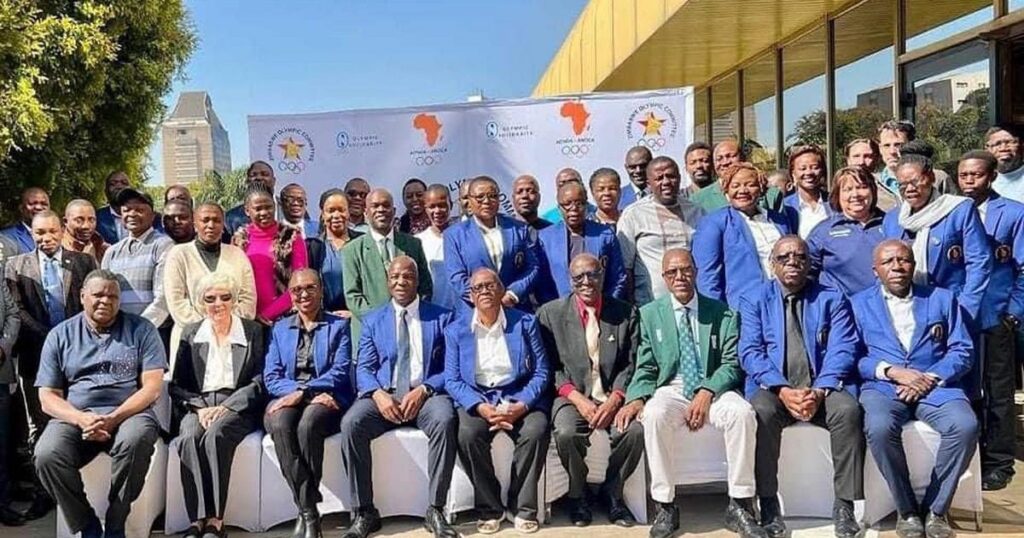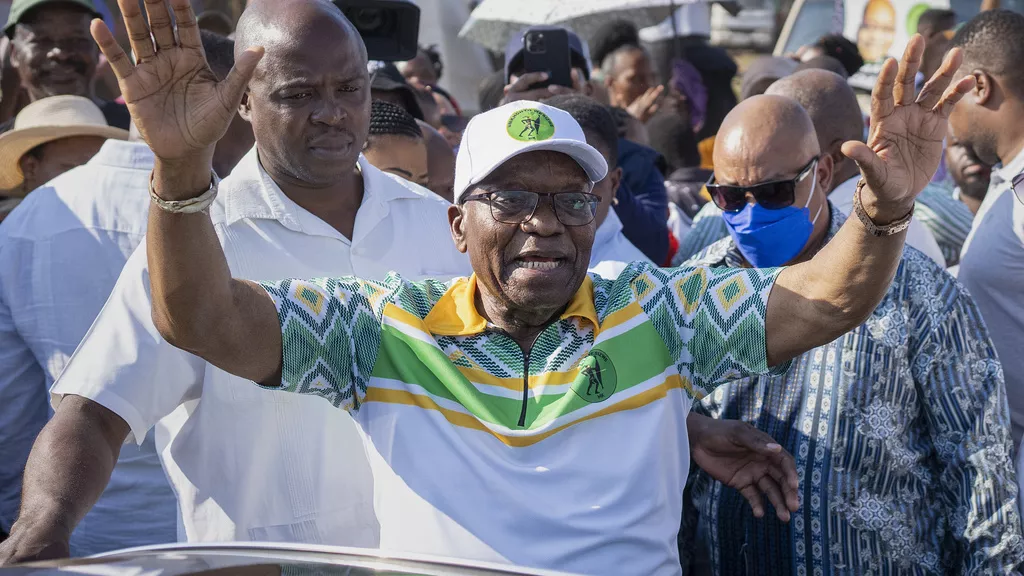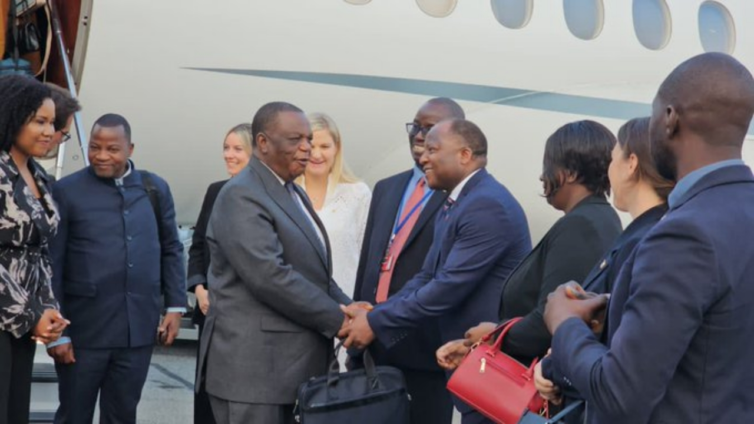As the world’s attention turns to Paris for the 2024 Olympic Games, Zimbabwe finds itself embroiled in a controversy that threatens to overshadow its athletes’ performances. The southern African nation’s presence at the Olympics is making headlines not for sporting prowess, but for the surprising composition of its delegation and the lavish travel arrangements for its top officials.

The crux of the controversy lies in the stark contrast between the number of athletes and officials representing Zimbabwe. While a modest group of seven talented athletes will compete for their country, an astonishing 67 officials have made the journey to Paris. This disparity has ignited a fierce debate about the government’s priorities and resource allocation, particularly in light of Zimbabwe’s ongoing economic challenges.
Zimbabwe’s athletic contingent comprises a diverse group of competitors across various disciplines. The nation will be represented in sprinting by Makanakaishe Charamba and Tapiwanashe Makarawu, while Isaac Mpofu and Rutendo Nyahora will tackle the long-distance running events. In the pool, Denilson Cyprianos and Paige Van der Westuizen will showcase their swimming talents, and Stephen Cox will represent the country in rowing.
Adding fuel to the growing controversy is the presence of Vice President Constantino Chiwenga, who arrived in Paris on Wednesday aboard a luxurious Dassault Falcon X8 jet. The government-chartered aircraft, reportedly costing a staggering US$11,000 per hour to operate, has raised eyebrows and sparked outrage among critics. Chiwenga was accompanied by his wife, Colonel Miniyothabo Baloyi-Chiwenga, along with several senior government officials.

Upon their arrival at Paris Le Bourget Airport, the Vice President and his entourage were greeted by a welcoming party that included Minister of Sport, Arts, and Recreation Kirsty Coventry and Zimbabwe’s Charge d’Affaires in France, Emmanuel Zinyuke, among other dignitaries.
Government spokesperson Nick Mangwana attempted to justify the Vice President’s presence, stating on social media: “The Minister is a member of IOC (International Olympic Committee), so she is there in that role. The VP is there for the official opening and other business and is not part of the Olympics Delegation.” However, this explanation has done little to quell the growing criticism.
Prominent investigative journalist Hopewell Chin’ono voiced his concerns, stating: “The world media is once again having a laugh at the expense of Zimbabwe after it sent 67 officials to the Paris Olympics and only 7 athletes. The officials include the country’s Vice President, General Constantino Chiwenga, his wife, and the country’s sports minister, Kirsty Coventry.”

Chin’ono emphasized the irony of the situation, noting that Zimbabwe is currently seeking drought relief assistance from other countries, many of which have sent large teams of athletes with minimal officials. He suggested that the real motivation behind the large delegation might be financial, stating, “They use these trips to make money by throwing huge allowances.”
The controversy has also drawn criticism from former cabinet minister Jonathan Moyo, who lambasted the government for its handling of information regarding the country’s Olympic participation. Moyo pointed out the lack of official confirmation of the delegation’s composition and size, despite widespread reports. He also noted the silence from both the Zimbabwe Olympic Committee and Minister of Sports Kirsty Coventry on the matter.
The bottom line is that the communication, rather the non-communication or miscommunication, of the composition and size of Zimbabwe’s delegation to the 2024 Olympics in Paris has been grossly incompetent,” Moyo stated, questioning the effectiveness of public servants like Coventry in their roles.
As the 2024 Paris Olympic Games prepare to kick off, this controversy serves as a stark reminder of the complex interplay between sports, politics, and economics. The situation in Zimbabwe raises important questions about government accountability, resource allocation, and the true spirit of the Olympic Games.
While the world’s attention will soon turn to the athletic achievements in Paris, the debate surrounding Zimbabwe’s delegation is likely to continue long after the closing ceremony. It highlights the ongoing challenges faced by many developing nations in balancing international sporting participation with domestic economic realities and good governance.
As the Games begin, many will be watching not just Zimbabwe’s athletes, but also how its government responds to the growing criticism and whether this controversy will lead to any meaningful changes in how the country approaches future international sporting events. The coming days and weeks will undoubtedly shed more light on this complex and contentious issue, as Zimbabwe navigates the choppy waters of international scrutiny and domestic expectations.
Source: myjoyonline



